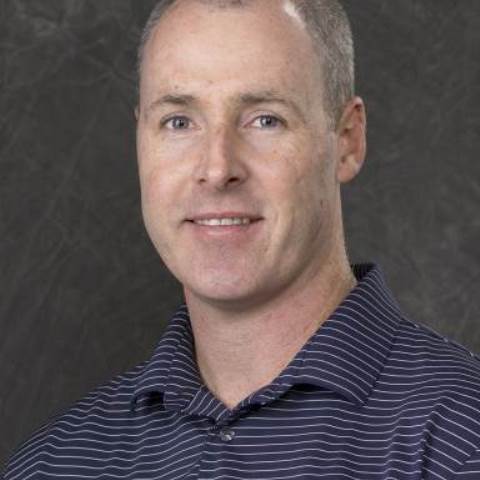

In October, I had the incredible opportunity to attend the National Council of Teachers of Mathematics Annual Meeting in Chicago, Ill. My enthusiasm for this conference stemmed from my previous experience at NCTM 2018 in Washington, D.C., where I left with a treasure trove of classroom activities, technology resources, and math games that I continue to use and adapt. Heading into this year’s conference, my primary goals were to discover more hands-on activities to engage my students and explore technology-based resources that could enhance their learning experiences.
Here are some of the highlights that left a lasting impact:
Session Highlight: "Hands-On Mathematics"
One of the standout sessions for me was "Hands-On Mathematics" by Leanne Luttrell. The session was both engaging and practical, offering tools to teach middle school math concepts with manipulatives. My favorite part was solving a systems of equations problem using three different manipulatives.
Here’s the problem we tackled:
A shopper goes to a market to buy apples and bananas. Each apple costs $2, and each banana costs $1. The shopper buys a total of 8 fruits and spends $12. How many apples and bananas did the shopper buy?
Using manipulatives to solve this problem helped us see the relationships between the variables visually. Once we explored the solution with objects, we transitioned to solving it algebraically. Leanne emphasized that manipulatives should be used to understand the math, not to replace the math. This distinction resonated with me and is a concept I’m eager to reinforce in my own teaching.
Session Highlight: Clothesline Math
Another session that felt like home for me was "Clothesline Math" by Chris Shore. At first glance, the idea of using a clothesline as a number line seemed simple, but it quickly became clear how effective this tool is for fostering deep thinking. Students place numbers, fractions, expressions, angles, or equations on the clothesline, spacing them appropriately and defending their reasoning.
This approach forces students to grapple with concepts and problem-solve collaboratively, often leading to multiple solutions and rich discussions. It’s exactly the kind of hands-on, exploratory learning I strive for in my classroom, and I can’t wait to incorporate this into my teaching toolkit.
Two sessions from the conference inspired me to blend creativity, technology and cultural relevance into my lessons. The first session introduced TinkerCAD, a free, user-friendly online 3D design tool. Participants learned how to draw 2D objects from multiple perspectives and translate these drawings into 3D models. One of the suggested applications was designing toys for classroom labs—a concept I found fascinating.
The second session showcased a teacher using golf as a way to teach black history and integers. The connection between math, sports, and history was innovative and inspiring. These two sessions sparked an idea for my own classroom: a Mini-Golf Function Project.
Inspired by these sessions, my Algebra 1 Honors students are now working on designing their own mini-golf courses. Here’s how the project unfolds:
Sketching and Planning: Students start by drawing their ideas on paper, using mathematical function concepts to guide their designs.
3D Modeling: Using TinkerCAD, they create their own putters and other course elements.
Course Design: Students integrate mathematical functions into their mini-golf holes, thinking critically about slopes, curves, and angles.
Building and Testing: We’ll bring their designs to life by constructing the courses, culminating in a school-wide mini-golf day where students and staff can test their creations.
I’m thrilled to see how this project combines hands-on learning, technology, and creativity. It’s a fantastic way to make abstract math concepts tangible and fun. Wish me luck as we bring this vision to life!
Attending NCTM Chicago reignited my passion for hands-on and technology-based learning. Each session offered a unique lens through which I could view math education, and I’m leaving with a host of new ideas to implement in my classroom.
From manipulatives and clothesline math to TinkerCAD and mini-golf projects, I’ve found ways to make math more engaging, relevant, and accessible for my students. Conferences like these remind me why I love teaching—there’s always something new to learn, try, and share.
Finally, I want to express my heartfelt thanks to Darlington’s leadership and the Thatcher Foundation for providing me with the opportunity to attend this conference. I deeply appreciate how fortunate I am to have access to these opportunities to grow and enhance my teaching practice. Experiences like this not only improve my skills but also inspire me to bring innovative ideas back to my students and colleagues.
Professional growth and development are high priorities for Darlington. Each year, faculty and staff members participate in a professional growth cycle that includes professional learning communities, professional development days, and the ability to apply for professional development grants which fund conferences, travel, workshops, instructional supplies, outside speakers, and more. For the next few weeks, our blog series will highlight some of the opportunities that faculty and staff have participated in since they were awarded 2024-2025 Thatcher Grants last spring.